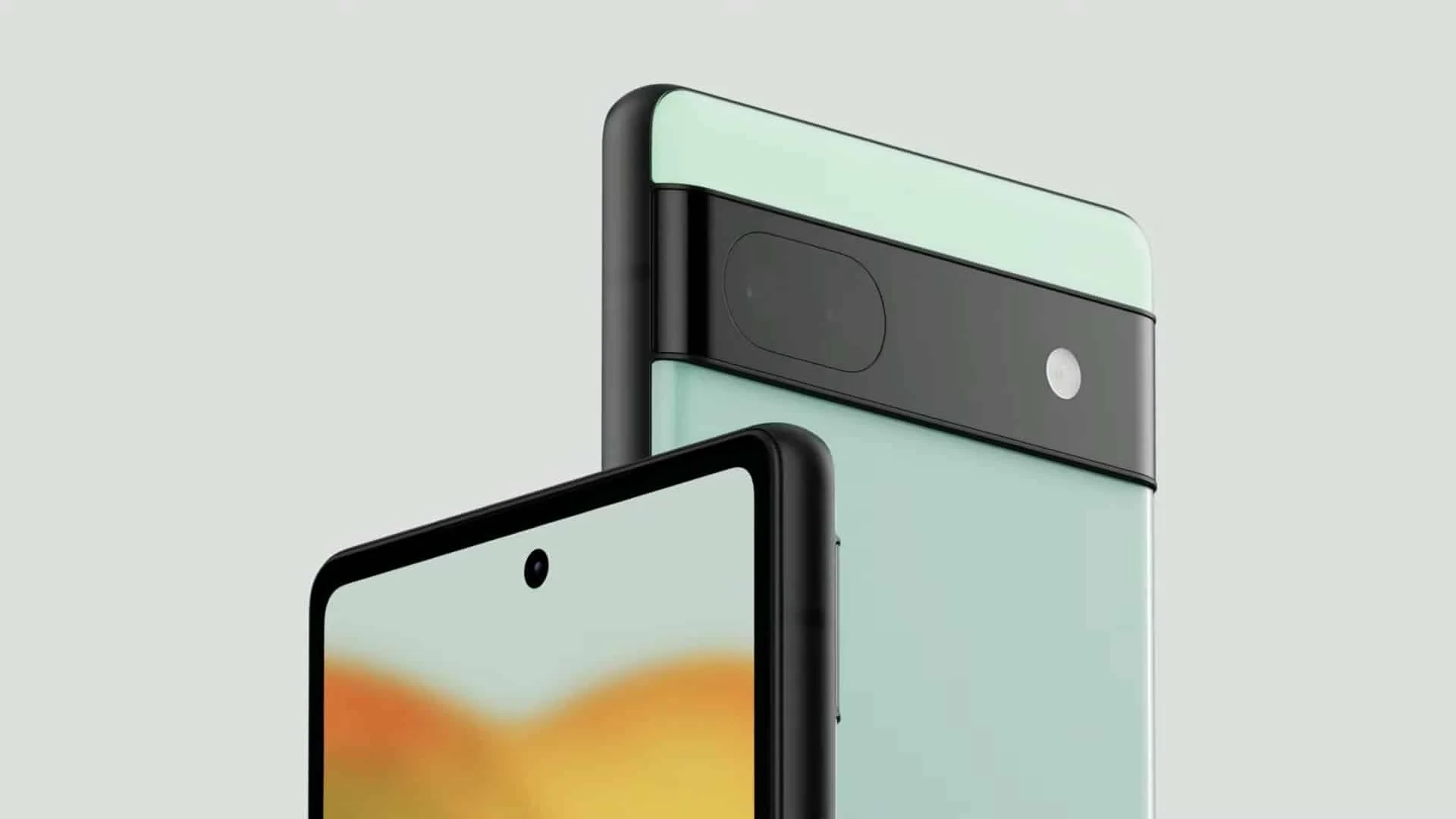Google announced the Pixel 6a and showed off the design of the Pixel 7 and 7 Pro

During the I/O event, the company announced the release of several smartphone models.
The first of the presented devices was the Pixel 6a. This device is a simplified version of the regular Pixel 6. The novelty received a proprietary Tensor chipset with an auxiliary Titan M2 chip. Unlike the older model, recycled aluminum and plastic are used here as body materials. Pixel 6, in turn, has a frame made of metal and glass.

Pixel 6a received a screen with a 6.1-inch OLED matrix, a resolution of 2340 × 1080 pixels and a 60 Hz scan. Tempered glass Gorilla Glass 3 protects the display. To unlock the smartphone, there is an under-display fingerprint scanner. 128 GB of UFS 3.1 storage and a 4306 mAh battery that supports fast charging.Unfortunately, there is no separate connector for connecting a wired headset, so you will have to use wireless headphones or an adapter.

As for the photo and video capabilities, the functionality of the model was also slightly reduced compared to the Pixel 6. The main camera of the device is simplified, it has a main and wide-angle modules of 12.2 and 12 MP, respectively. It is possible to record videos in 4K (60 fps) format. There are also smart options here, including Magic Eraser, Real Tone, and Face Unblur. The selfie camera, which has a cutout on the screen, has a resolution of 8 MP.
Android updates for the Pixel 6a will appear for three years, and security updates for five years. You can buy the device from July 21 for $449.

At the same time, the announcement of new models of smartphones Pixel 7 and Pixel 7 Pro took place at I/O. The devices will receive a proprietary second-generation Tensor chipset, Android 13, improved camera capabilities, and other hardware upgrades. The appearance of the devices will also undergo some changes compared to its predecessors. So, the camera block will be located in an aluminum panel. The standard Pixel 7 will be available in Obsidian, Snow, and Lemongrass, while the Pro version will be replaced by Hazel.

Google kept silent about other details of future innovations. More detailed information about the devices will probably be available this fall. It is quite possible that the price tag for the new devices will remain the same as for the previous line - $599 and $899.
The first of the presented devices was the Pixel 6a. This device is a simplified version of the regular Pixel 6. The novelty received a proprietary Tensor chipset with an auxiliary Titan M2 chip. Unlike the older model, recycled aluminum and plastic are used here as body materials. Pixel 6, in turn, has a frame made of metal and glass.

Pixel 6a received a screen with a 6.1-inch OLED matrix, a resolution of 2340 × 1080 pixels and a 60 Hz scan. Tempered glass Gorilla Glass 3 protects the display. To unlock the smartphone, there is an under-display fingerprint scanner. 128 GB of UFS 3.1 storage and a 4306 mAh battery that supports fast charging.Unfortunately, there is no separate connector for connecting a wired headset, so you will have to use wireless headphones or an adapter.

As for the photo and video capabilities, the functionality of the model was also slightly reduced compared to the Pixel 6. The main camera of the device is simplified, it has a main and wide-angle modules of 12.2 and 12 MP, respectively. It is possible to record videos in 4K (60 fps) format. There are also smart options here, including Magic Eraser, Real Tone, and Face Unblur. The selfie camera, which has a cutout on the screen, has a resolution of 8 MP.
Android updates for the Pixel 6a will appear for three years, and security updates for five years. You can buy the device from July 21 for $449.

At the same time, the announcement of new models of smartphones Pixel 7 and Pixel 7 Pro took place at I/O. The devices will receive a proprietary second-generation Tensor chipset, Android 13, improved camera capabilities, and other hardware upgrades. The appearance of the devices will also undergo some changes compared to its predecessors. So, the camera block will be located in an aluminum panel. The standard Pixel 7 will be available in Obsidian, Snow, and Lemongrass, while the Pro version will be replaced by Hazel.

Google kept silent about other details of future innovations. More detailed information about the devices will probably be available this fall. It is quite possible that the price tag for the new devices will remain the same as for the previous line - $599 and $899.





There are no comments yet :(